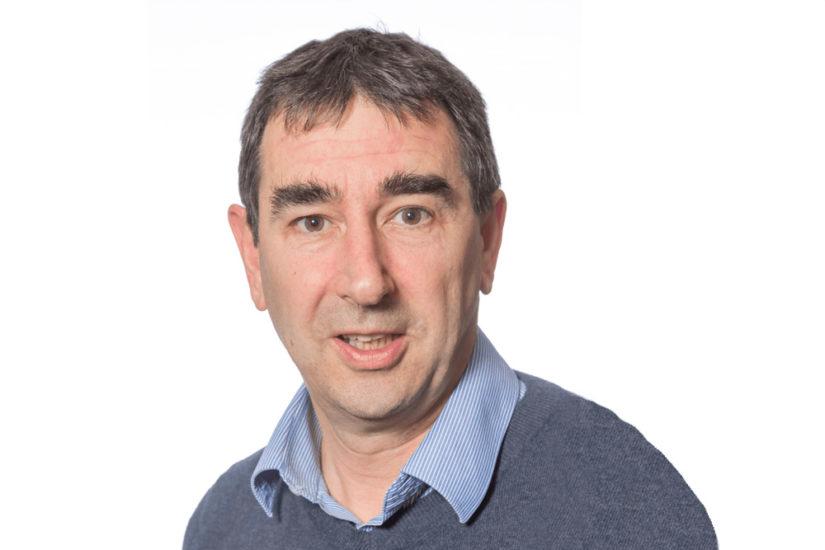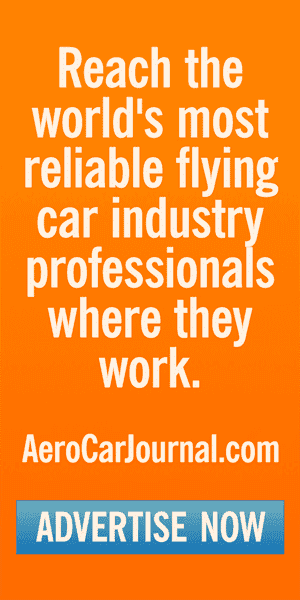Vertical Aerospace Hires Tim Williams as Chief Engineer

Tim Williams was at year 33 with Rolls-Royce—the last 10 as a Chief Engineer—when he was contacted by a recruiter. Calling the world’s second-largest maker of aircraft engines “a superb company to work for,” he thought he’d dispatch the recruiter by saying the only thing that could tempt him was “a much bigger challenge.”
And that is how Williams found himself as of late April 2020 as the Chief Engineer of Vertical Aerospace, an eVTOL developer in Bristol, England.
Williams spent his career at Rolls-Royce working on gas turbine propulsion. Even just five years ago, he was not seriously considering what popular culture calls flying cars. His new job description? Helping shape the future of transport through carbon-free electric flight via eVTOLs.
“It’s working on a product that’s never been designed before. Flying in an airspace that’s not regulated, against a set of requirements that doesn’t really exist. What’s not to love?” Williams mused.
Vertical Aerospace’s Timeline
The agility and pace of Vertical Aerospace’s engineering teams excites Williams, who is used to working within the processes of a multinational company that employs thousands compared to Vertical Aerospace’s roughly 100 employees.
It’s a pace that’s been working well for the start-up, which launched in 2016. Its first demonstrator model took a tethered flight in 2017. That was followed by a full-scale proof of concept (POC) in 2018. In 2019, the company’s second aircraft, the Seraph, took its first flight.
The company aims to build on what it learned from the Seraph, which could carry 550 pounds at speeds of up to 50 mph, to launch a new passenger eVTOL in the second half of 2020. The new version will include wings, use Honeywell Aerospace fly-by-wire technology, and be able to carry a pilot and four passengers at certification.
“The systems will significantly reduce pilot workload,” Williams said. Expected range will be 100 miles at speeds between 120 and 150 mph. The company anticipates flight certification by 2024 or 2025.
Vertical Aerospace Races Toward Future
Helping the company achieve its goals is Vertical Advanced Engineering, formerly MGI Consultancy, which Vertical Aerospace bought in 2019. Vertical Advanced Engineering specializes in bringing Formula 1 technologies and manufacturing techniques to different industries. The F1 teams “bring really great ideas in design” to aerospace, Williams said.
Some challenges facing the eVTOL industry worldwide include battery capacity and making sure exact charges are understood, Williams said. After all, it’s one thing for a car to get stranded on the side of the road. Quite another for that to happen in the air.
Williams also cited vehicle noise, and determining what is an acceptable amount of noise, as challenges the industry needs to address.
Want to continue to stay up-to-date about the latest developments in the eVTOL industry? Subscribe to AeroCar Journal now. It’s FREE (for a limited time)!
Join us on Twitter for the latest news, analysis, and insight in the eVTOL industry. AeroCarJ


